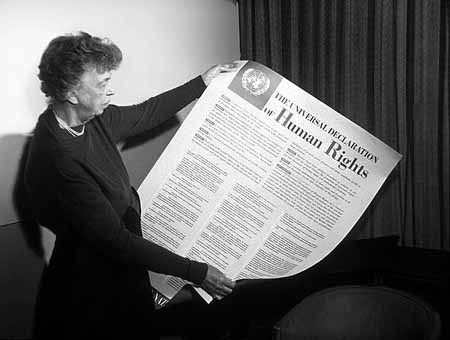3 May
2012
Faith in the Public Square
Posted in Christianity, Civil Liberties, Conscience, Culture, Legal Affairs, Public Policy, Religion
From a guest blogger: Regular readers of this blog will have seen posts over the last year in response to the Government’s decision to hold a consultation on whether to extend marriage to same-sex couples, as well as on developments in marriage law elsewhere.
Frequently debate over redefining marriage has produced conflict between mainstream religious institutions and secularist campaigners. More recently the Catholic Education Service (CES) has been criticised after it emerged that Catholic schools in England and Wales had encouraged students to sign the Coalition 4 Marriage petition objecting to change in UK marriage law.
Secularist commentators assert that the CES is acting ultra vires in promoting ‘indoctrination’ of young minds and encouraging them to support a ‘partisan political viewpoint’. The CES has been accused of fostering bigotry among teenagers by promoting beliefs that supposedly have no place in our shared public life and legislation.
The overriding assumption is that religious doctrines (and beliefs about law, marriage and the world at large) are based on claims of divine revelation which can only be accepted by faith. They are, therefore, considered irrational and inadmissible in public debate or law-making.
In Europe, however, religious beliefs are inextricable from our history. While opposing notions about what is, and is not, ‘from God’ have caused (or have been invoked in excusing) much bloodshed, they have also shaped the legal systems, scholarship and traditions of thought that are now being used, or abused, in an attempt to redefine marriage. The very language of Rights was incubated in a Christian environment, leading, for example to the freeing of slaves and universal sufferage. Whether or not grounded in ‘positive proof’, this language emerged from a society that looked to divine revelation. This is (ironically) encapsulated in that most ‘un-European document’, the American Declaration of Independence, which famously states:
We hold these truths to be self-evident, that all men are created equal, that they are endowed by their Creator with certain unalienable Rights, that among these are Life, Liberty and the pursuit of Happiness.
While much ink has been spilled over whether the founding fathers were really Christians, this statement is unambiguous in claiming that men are both created (as opposed to having randomly evolved), and that the power that created them also gave them rights. It offers no positive proof such as secularists now demand of religious dogmas, yet it is also the very kind of statement under which the ‘rights’ of those opposed to a traditional account of marriage are advanced. Like divine revelation, human rights have no positive proof behind them.
Nonetheless, there are clearly manifest advantages in accepting that rationality of a belief in human rights, but if criticism of religious doctrines as founded on assertions acceptable only by faith is to be applied coherently, where does that leave human rights? If religious dogmas are inadmissible in the public square, surely human rights have no better claim to admission.
Please rest assured, this blogger is not suggesting abandonment of human rights for lack of evidence, for they have proved in many respects effective in upholding the flourishing and value of each and every one of us. They are broad enough for different creedal positions to accept, and clear enough (in many cases) for their violation to be recognised and justice prosecuted. But excluding religious beliefs as based on faith only is equally problematic, for it is ultimtely by a kind of faith that we accept even human rights.
All the world’s major religions predate the modern notion of rights by many centuries. Their traditions and scholarship go back long before the articulation of human rights as such. Yet, if religions have been used to justify bloodshed, what could be more bloody than bombing campaigns in Kosovo, Iraq, Afghanistan or Libya, all justified in terms of human rights violations during a much shorter conceptual lifetime?
Sceptics may be uneasy about admitting religious voices into public affairs, but religious folk are equally troubled that their beliefs are held unworthy for admittance to public policy debates on grounds that appear vague and confusing. Neither side is necessarily bigoted or irrational, and reason has historically played just as crucial a role in faith as in Sceptical enquiry, and with a modicum of good will a sense of balance may be achieved on all sides.

Leave a Reply